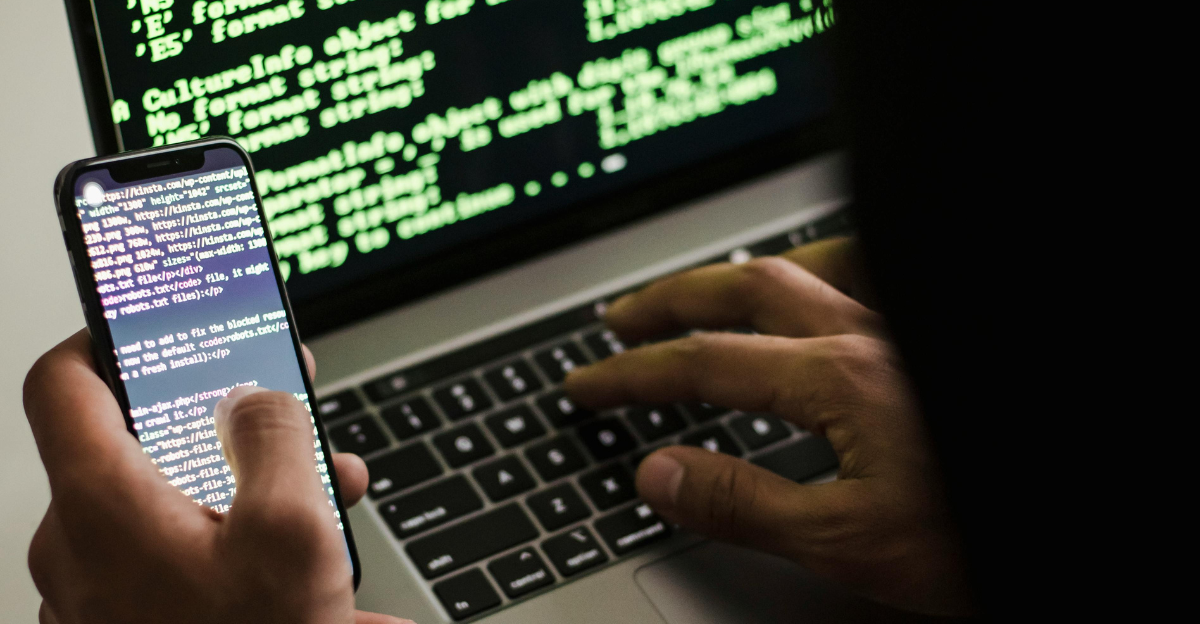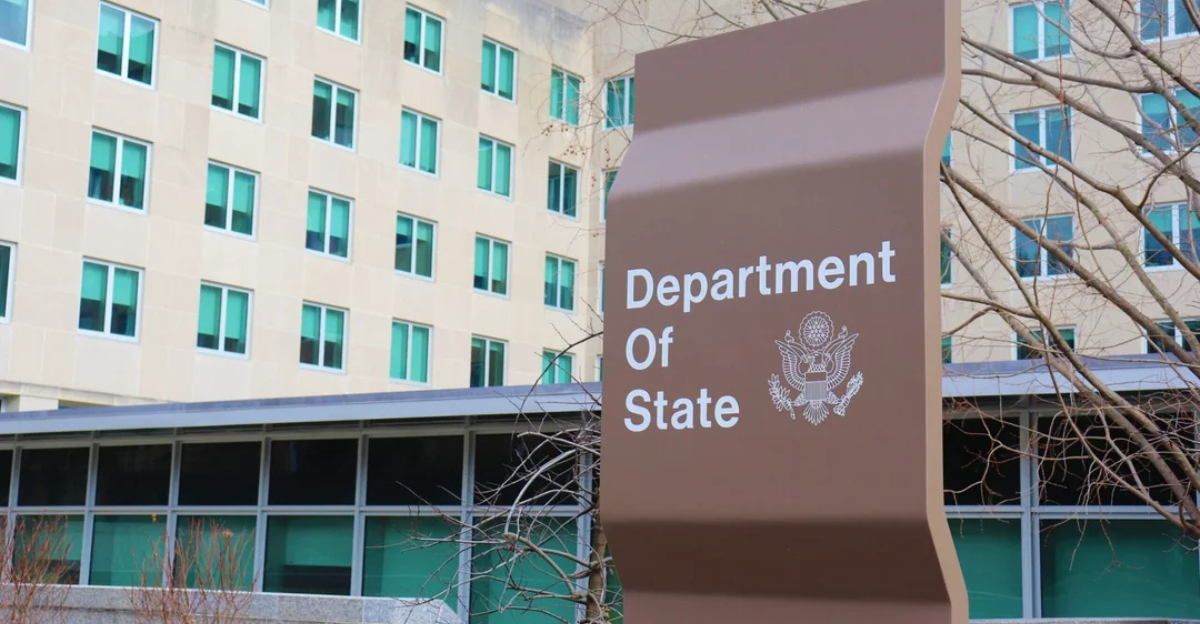
A report surfaced this week that a hacker had impersonated United States Secretary of State Marco Rubio and called state and local officials in an attempt to fool them. The calls were made in an attempt to source information that could be used against the country in the future.
The issue shines a light on the topic of artificial intelligence and how rapid advances in the technology could put the country in future jeopardy. Officials need to use what they learn about these scams to prevent future ones from being successful.
The Software Allowed the Scammer to Impersonate Rubio in Multiple Ways

The Rubio imposter first used the AI software so that they could better impersonate the politician’s voice when making phone calls. But the hacker also texted as Rubio and went so far as to create a Signal account using a fake Rubio email address so that they could contact people that way as well.
One of the main worries with AI is the way that it gives the ability to manipulate people in a number of different ways. The hacker in this case tried to get in contact with United States officials in a variety of ways.
The Perpetrator in the Scheme Was Running a Phishing Operation

The hackers in the Rubio case were trying to run a phishing scam where they would fool unsuspecting contacts into providing sensitive information. This is a regular scam run by hackers targeting normal people’s emails and phones.
The victims in a phishing scam are directed to click on links where they can share personal information. The sender is normally presented as someone who would be thought of as trustworthy, such as a bank, a federal office, or, in this case, an important government official.
The Targets Were Not Fooled

Considering how dangerous it could be for sensitive information to fall into the wrong hands, the U.S. was lucky that this operation was not successful. None of the targets of the operation: a governor, a senator, and three foreign ministers, were fooled by the scam.
According to the potential victims, the messages from the hacker were not very sophisticated and did not seem official, so they were reported to the government. While it is a good thing that this operation was not successful, there will surely be more of them in the future.
The State Department is Prepared for Future Attacks

This was not a very sophisticated attack, but that doesn’t mean that far more advanced ones could be coming. In fact, some hackers will sometimes use an obvious scam to gather information on how to better attack targets in the future.
The State Department declared itself ready for future attacks and described how it would respond in the future, saying in a statement, “The department takes seriously its responsibility to safeguard its information and continuously takes steps to improve the department’s cybersecurity posture to prevent future incidents.
This Isn’t The First Time a Trump Official Has Been Targeted With AI

The technology behind artificial intelligence is expanding each day, and AI hacks will be something that will likely become more commonplace. Marco Rubio wasn’t even the first Trump official to fall victim to an attack like this. Susie Wiles, the White House Chief of Staff, was targeted back in May.
Hackers had gained access to Wiles’ list of contacts from one of her devices. They then went to work calling people on the list with AI used to mimic the advisor’s voice. The hackers used the contact list to call people and request favors like pardons or cash.
Politicians Are Being Targeted by Bad Actors Using AI in Other Ways

Phishing scams and access scams like the ones run on Rubio and Wiles are just two ways AI could be used to target politicians. And these attacks don’t need to be conducted by foreign countries; they can come domestically as well.
During the 2024 primary season, a person used AI to create a robocall from then-President Joe Biden. This call went out to people in New Hampshire prior to the state’s primary, urging them not to vote in the event. The person behind the call, a political consultant, faces a $6 million fine for his actions.
AI Presents Another Way for Russia to Meddle in United States Elections

While Donald Trump likes to present Russian President Vladimir Putin as a friend, Russia has repeatedly attempted to affect United States elections with stories of this happening in each of the last 3 races.
According to Microsoft, a Russian troll farm created an AI deepfake video of Democrat Kamala Harris and then helped to spread the video around to various online sources. Deepfakes, where AI is used to create incredibly realistic videos of public figures, are a major concern for officials looking to combat AI.
There Are Concerns About Security Within the Trump Administration

The hacks into Wiles and Rubio don’t seem to be through any fault of their own. But others within the Trump administration have been criticized for being careless with crucial information, including people at high levels, specifically Pete Hegseth.
Hegseth, the secretary of defense, was accused of adding a journalist to a text message exchange where confidential war plans were discussed. Following the controversy, there were numerous calls for Hegseth to step down. At this point, however, Hegseth has faced no discipline for his actions and received a vote of confidence from Trump.
How Will the White House Respond to Future Hacks

With AI now so advanced, it seems that some hackers will be able to get through defenses regardless of how diligent officials are. It will not be up to the State Department to know how to ferret out threats and nip them in the bud when they are located.
People who are careless with classified information, and Donald Trump has certainly been accused of being so, are in more danger of being attacked through an AI scam.